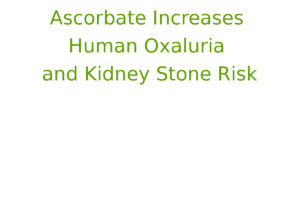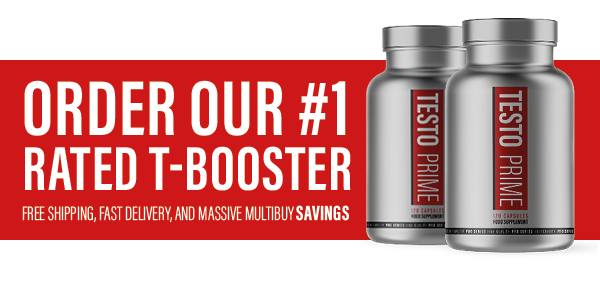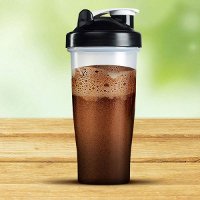Department of Food Science and Human Nutrition, Washington State University, Spokane, WA and Department of Family and Consumer Sciences (Nutrition), University of Wyoming, Laramie, WY
The results of research on "Ascorbate Increases Human Oxaluria and Kidney Stone Risk" conducted by Linda K. Massey, Michael Liebman, Susan A. Kynast-Gales (J. Nutr. July 1, 2005 vol. 135 no. 7 1673-1677).
Currently, the recommended upper limit for ascorbic acid (AA) intake is 2000 mg/d. However, because AA is endogenously converted to oxalate and appears to increase the absorption of dietary oxalate, supplementation may increase the risk of kidney stones.
The effect of AA (ascorbic acid – vitamin C) supplementation on urinary oxalate was studied in a randomized, crossover, controlled design in which subjects consumed a controlled diet in a university metabolic unit. Stoneformers (n = 29; SF) and age- and gender-matched non-stoneformers (n = 19; NSF) consumed 1000 mg AA twice each day with each morning and evening meal for 6 d (treatment A), and no AA for 6 d (treatment N) in random order. After 5 d of adaptation to a low-oxalate diet, participants lived for 24 h in a metabolic unit, during which they were given 136 mg oxalate, including 18 mg 13C2 oxalic acid, 2 h before breakfast; they then consumed a controlled very low-oxalate diet for 24 h. Of the 48 participants, 19 (12 stoneformers, 7 non-stoneformers) were identified as responders, defined by an increase in 24-h total oxalate excretion > 10% after treatment A compared with N. Responders had a greater 24-h Tiselius Risk Index (TRI) with AA supplementation (1.10 ± 0.66 treatment A vs. 0.76 ± 0.42 treatment N) because of a 31% increase in the percentage of oxalate absorption (10.5 ± 3.2% treatment A vs. 8.0 ± 2.4% treatment N) and a 39% increase in endogenous oxalate synthesis with treatment A than during treatment N (544 ± 131 A vs. 391 ± 71 μmol/d N).
The 1000 mg AA twice each day increased urinary oxalate and TRI for calcium oxalate kidney stones in 40% of participants, both stoneformers and non-stoneformers.
The complete study "Ascorbate Increases Human Oxaluria and Kidney Stone Risk" (Linda K. Massey, Michael Liebman, Susan A. Kynast-Gales) in pdf file format:
The original text taken from a:
![]() http://jn.nutrition.org/content/135/7/1673.full
http://jn.nutrition.org/content/135/7/1673.full
J. Nutr. July 1, 2005 vol. 135 no. 7 1673-1677












Comments
“Ascorbate Increases Human Oxaluria and Kidney Stone Risk”